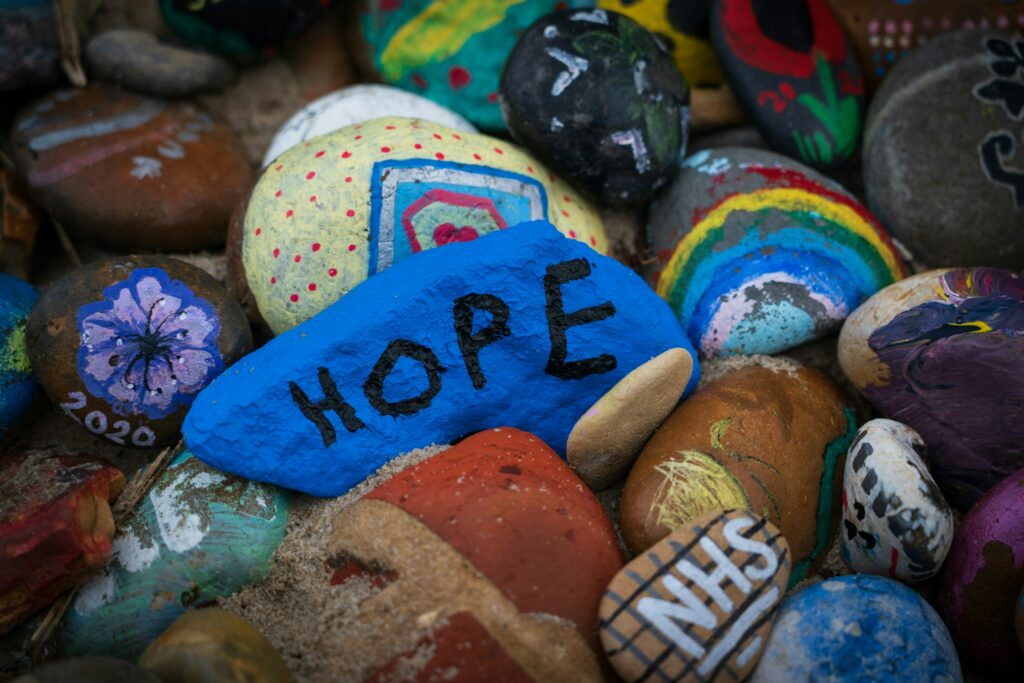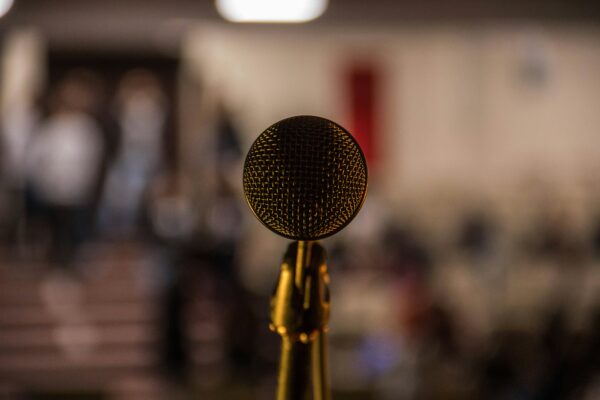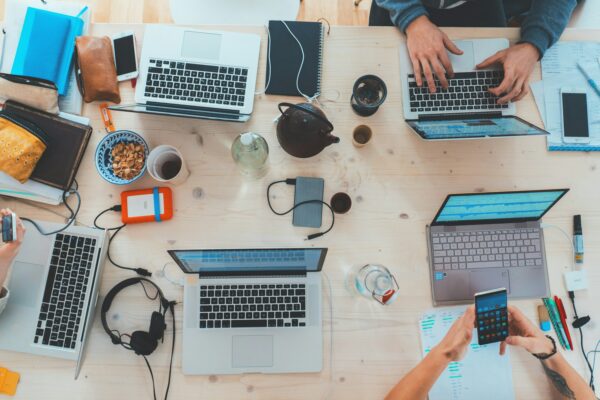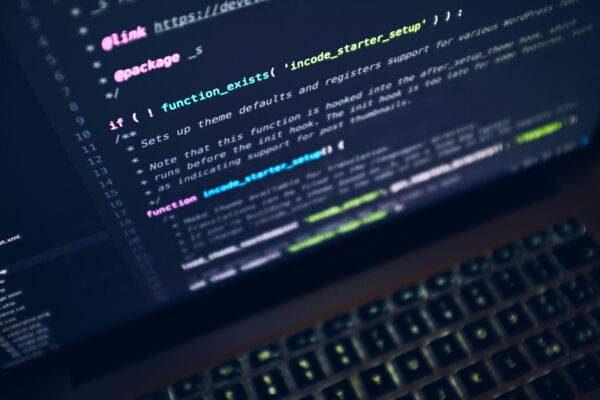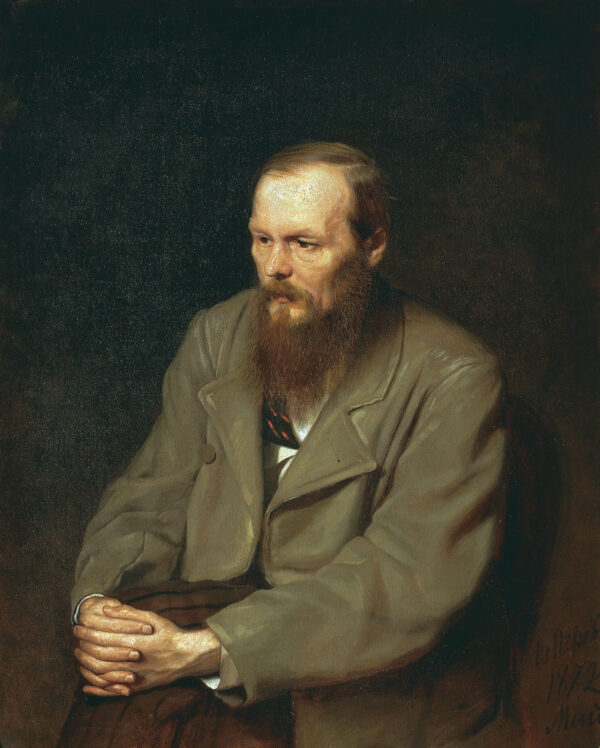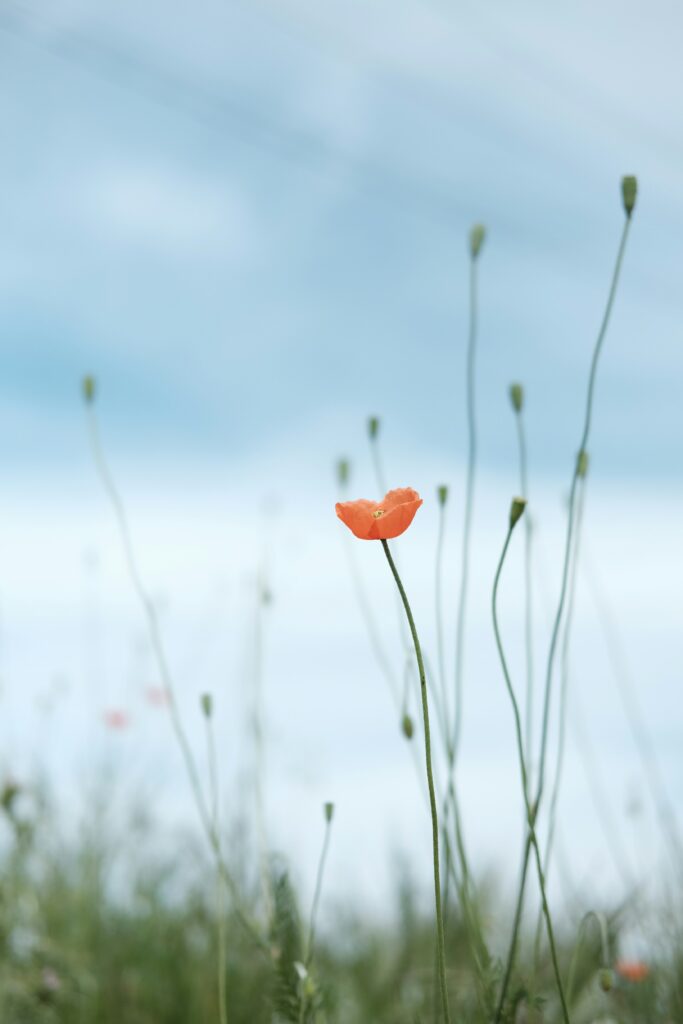
“History doesn’t repeat itself, but it often rhymes.”
Mark Twain
After looking at the ChatGPT generated responses that my peers received when they asked the chat bot, “What will education look like in 2045?” and after hearing what some of my classmates thought themselves about the future of education, I reflected on the validity of those responses and have come up with my own answers. Since I refuse to ask ChatGPT this question myself, I will try to both be more creative and more logical than the robot is.
1.) It is impossible to tell the future because it has not happened yet. People living in 1990 could not have predicted what education would look like today (despite what people say about Matt Groening’s clairvoyant abilities) because they did not know about the global and local circumstances which would affect education in the 2020s. It is fruitless to predict the future, there is no way of knowing what miracles or catastrophes lay just around the corner. Did teachers working in the 1930s have a clue about what the 1960s learning environments would look like? What about the pre- and post-Industrial Revolution teachers? The Pre- and post-Covid-19 teachers? We can only do the best we can do with what we have right here and now.
The above answer is somewhat of a cop-out. Of course we can’t know what will come next, but there are indicators of how things might be when looking at current circumstances, trends, and resources. Lets give this prompt another try:
2.) Instead of theorizing about the future of education, let’s look to our past as an example of how things may look in 2045. We can find some commonalities between 20 years ago and 20 years in the future to predict what might stay the same, or what might be different, between these times. For this brainstorming session, I am only going to refer to education within BC, as that is the only first-hand experience with education that I have had.
20 years ago. In 2004, I was in grades 1 and 2. I was learning to read and write and add numbers, I was journaling every week in class, I talked a lot about virtuous behaviour, I sometimes got into a little trouble, I played on the playground with my friends, and my parents picked me up from school every day. My teachers cared about me and my classmates, we had rich learning experiences and environments which integrated the current technologies (at that time that meant iMacs from 2003), we received fair consequences for misbehaviour, and most of us had a reasonably good experience at school. Does school in 2004 sound very different than school in 2024?
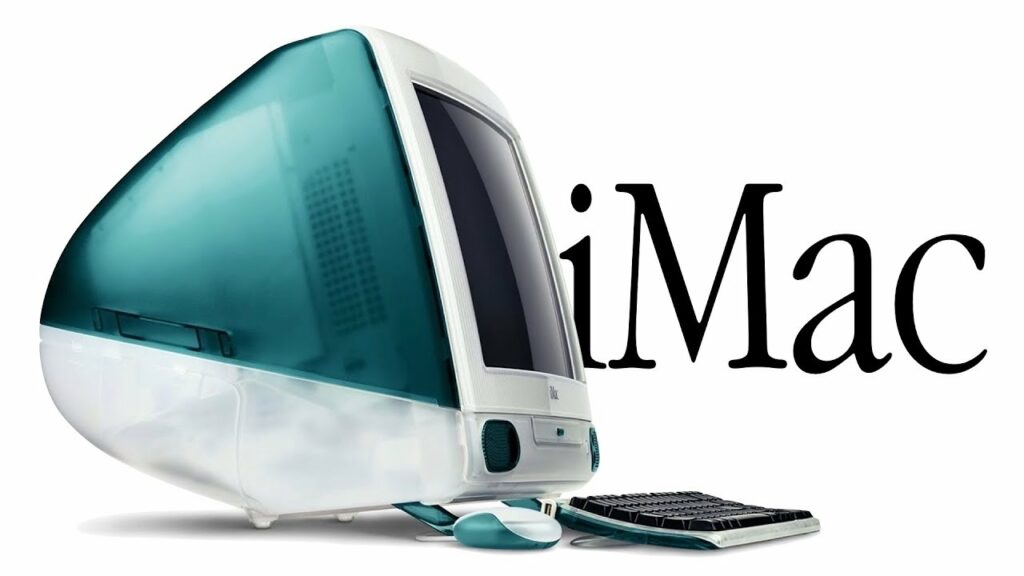
Over the years, I have seen teachers become even more kind, even more respectful, and more invested in creating positive and healthy learning environments. Teacher education has improved, as has the BC Curriculum, which is now primarily based on learning skills rather than knowing specific content. I work with children aged 6 and 7 at an afterschool care centre. Their favourite activities are playing games, making jokes with each other, and learning new things about the world. To me, they look very similar to me and my friends in 2004, with the biggest difference being their educators and caregivers are generally more well-equipped to handle their behaviours than were mine. I think their education and mine were not drastically different despite Covid-19 lockdowns temporarily changing the entire structure of school and the hyper-advancement of technology in the last two decades.
It looks to me like the quality of education and the quality of teachers in BC has generally improved in the last 20 years. I may not be able to predict exactly what will happen, but my recollection of the past compared to my experiences today leads me to expect that education will continue to get better and better, that the curriculum will become even more holistic and useful, and that teachers will build stronger and stronger skills. In 2045, I will be a classroom teacher for almost 20 years. If upon reflection on the changes to education between that time and today, I will be surprised. Personally, I am choosing to stay hopeful about the future. My goal is to constantly improve as a teacher and as a person throughout my life, and I think that my peers share that goal. If all of us share such a goal, we can be positively sure that education will continue to become more inclusive, diverse, holistic, and positive for our students.
